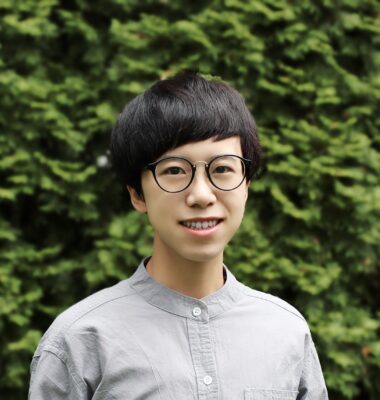Xiaoxiao Li
PhD (Yale University)
Assistant Professor, Department of Electrical and Computer Engineering, Faculty of Applied Science, UBC
Full Member
Dr. Xiaoxiao Li, Assistant Professor at the University of British Columbia, Adjunct Assistant Professor at Yale University Medical School of Medicine, and Faculty Member at Vector Institute, specializes in enhancing the trustworthiness of AI systems within healthcare through her leadership at the Trusted and Efficient AI (TEA) Lab. With an academic background from Yale University and a notable career that includes a postdoc fellowship at Princeton University and internships at Sony and Siemens Healthineers, Dr. Li has been recognized with several awards for her over 40 papers in machine learning publications. Her work, deeply intertwined with industry through collaborations with NVIDIA, Microsoft, and Google, navigates the intricate intersection of deep learning, biomedical data analysis, and ethical AI application in healthcare.
Contact Info
Vancouver, BC V6T 1Z4
Research Information
My research pursuits predominantly revolve around two core areas: the integration of artificial intelligence (AI) in the precise assessment and intervention of brain health, and the development of AI architectures inspired by brain and biological mechanisms. Within these domains, I am driven to tackle pivotal challenges. I employ advanced machine learning methodologies to decipher and quantify intricate brain connectomes, paving the way for a deeper understanding of neurological intricacies. In the realm of clinical applications, I harness innovative imaging techniques to advance the diagnostic processes for autism and to facilitate the discovery of novel biomarkers. Beyond diagnostics, I am also actively involved in predicting individualized treatment trajectories, thereby tailoring interventions to optimize patient outcomes. On the AI development front, I draw inspiration and foundational principles from neuroscience, aspiring to lead the charge in crafting the next generation of AI systems.
PublicationsKeywords
- Neuroimaging
- Brain Connectome
- Machine Learning
